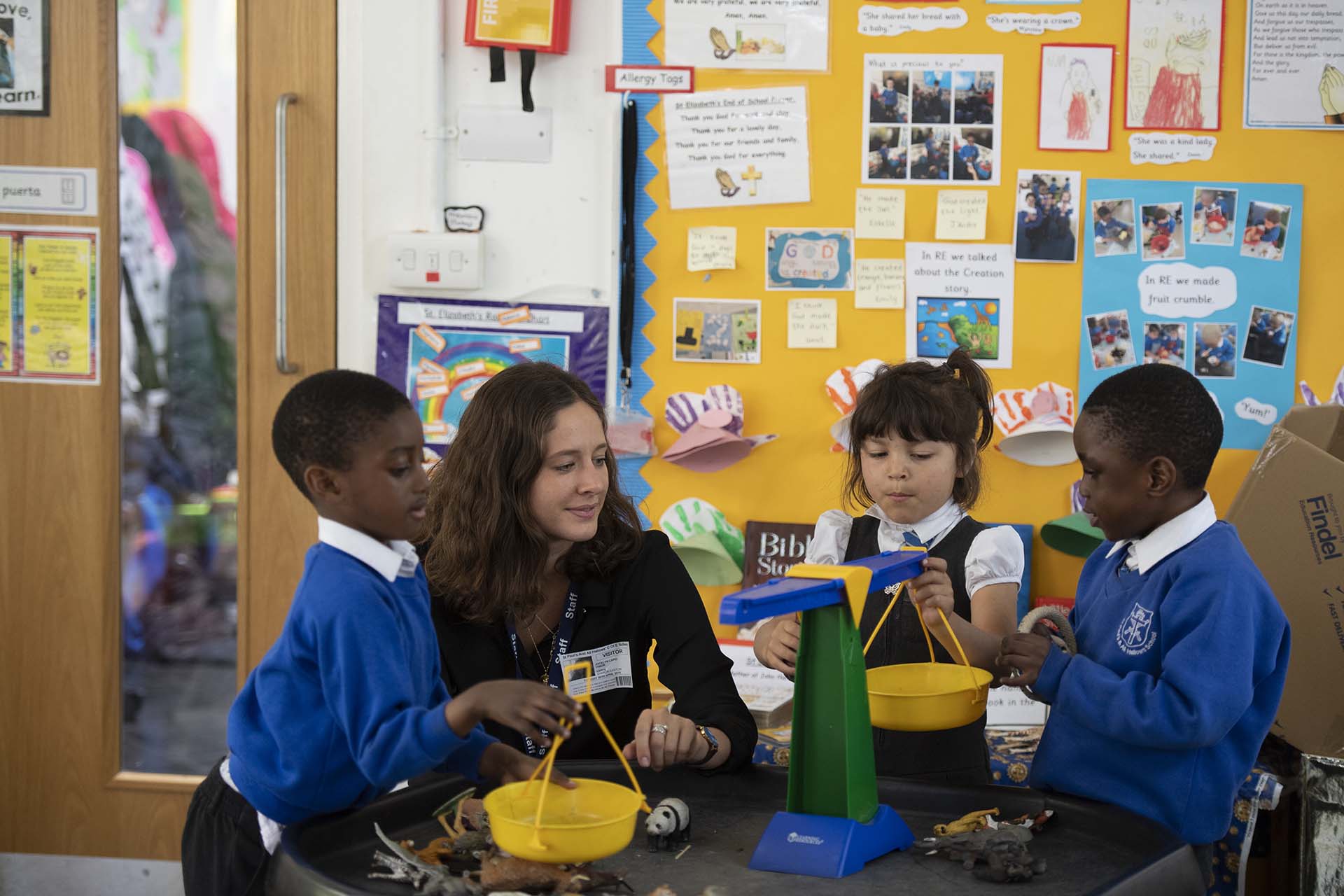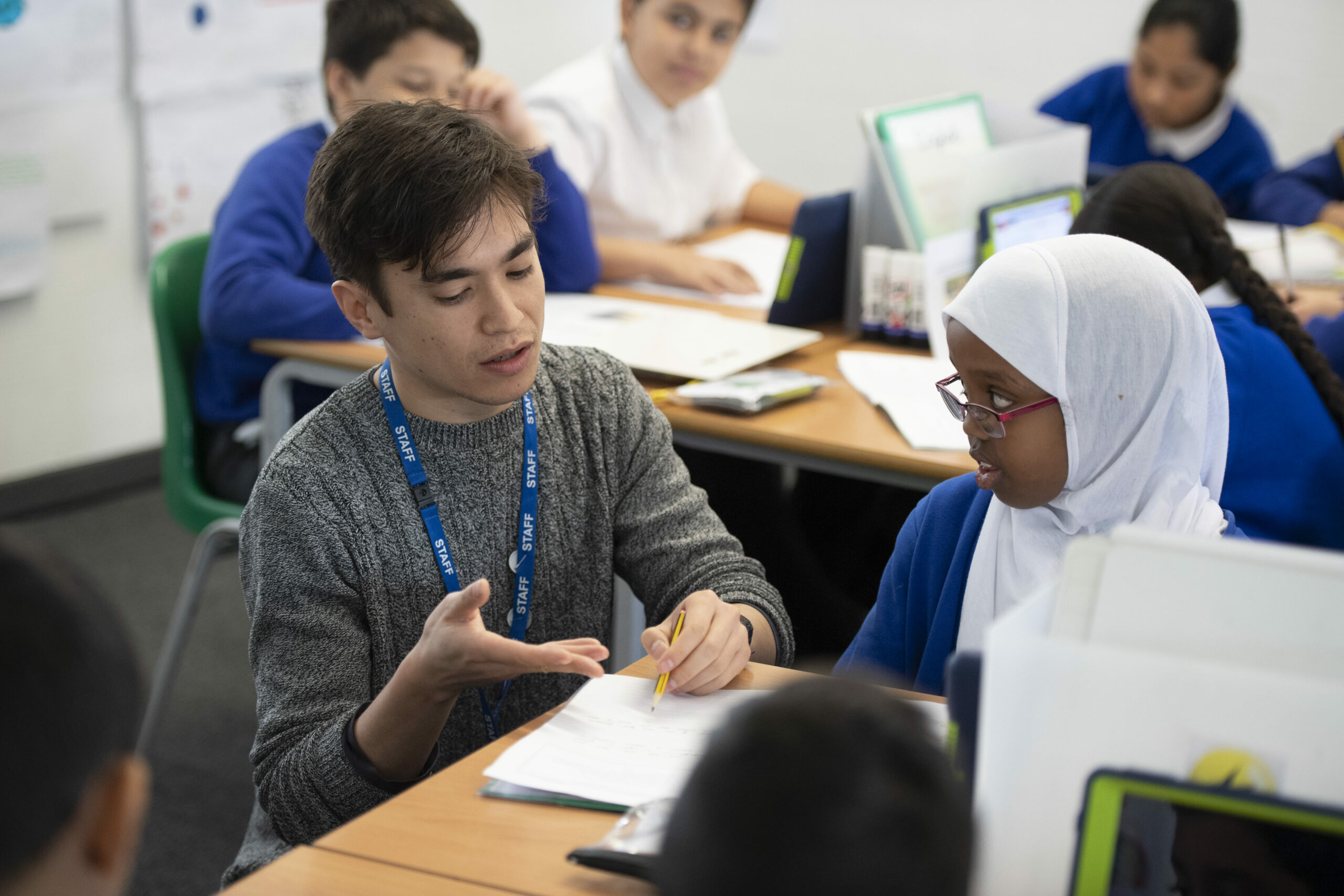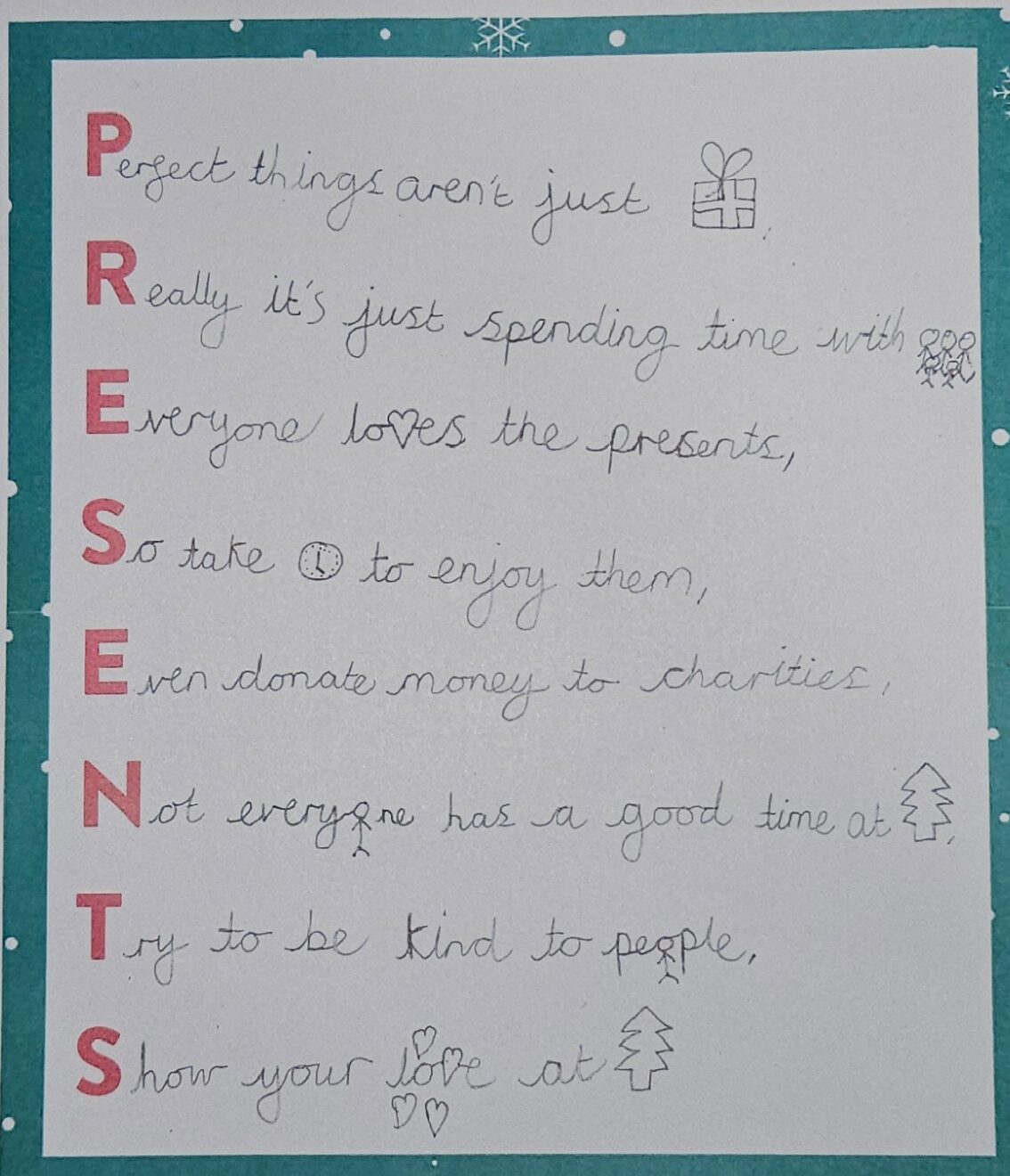Lesson planning is one of the most important skills teachers learn during their teacher training. A great lesson plan can help keep your lessons focussed and structured, essentially the more you plan the better your lessons will be.
It can be tempting to skip lesson planning, but trust us it’s worth the effort. Structured and focussed lessons can help keep students engaged and can help achieve better learning outcomes – even for the less motivated students.
Let’s take a look at why lesson plans are important and what they should include to help ensure you are on the path to planning great lessons.
Why are lesson plans important?
A lesson plan doesn’t just help teachers be prepared to teach, it benefits the students by setting a clear focus for each lesson and determines the learning outcomes. It can also highlight assessment opportunities and benefits the school as a whole as lesson planning and outstanding lessons are a criteria Ofsted look at during inspections.
Great lesson planning helps teachers:
- Set learning goals and review results to improve teaching
- Assess students
- Enhance student engagement through creative planning
- Plan how resources such as technology can be incorporated into lessons
- Ensures lessons run smoothly and to plan
- Makes it easier to meet the needs of different types of learners by incorporating different learning techniques
- Gives students a clear direction
- Review their teaching and reflect on past lessons
What should you include in a lesson plan?
While there are no set rules to follow, and you will likely develop your own style of lesson planning, here are some ideas to help you plan great lessons.
Understand what students learnt in previous years
Ofsted states that teachers should have a good understanding of what students learnt in their previous years. This should be taken into consideration when planning lessons and can be helpful for planning future lessons too.
What is the desired learning objective or outcome
Highlight the purpose of each lesson in your lesson plan and the desired learning outcomes you want students to achieve. Consider the national curriculum for your subject to ensure your lesson plan is inline.
Detail the steps to achieve the learning outcome
Think about how you will help all students achieve the learning outcome. Differentiate your steps by learning styles and include a variety of learning techniques to ensure all students are included and feel part of the lesson.
Introduce new vocabulary
While you may think this is only relevant to teachers of languages, Ofsted actually looks to see what new vocabulary is being taught and learnt across all subjects. Try to introduce a new word or two in each lesson to help students broaden their vocabulary.
Include facts and figures
It can be difficult to remember all the facts and figures you want to include in your lesson, especially if you are new to the material or a less experienced teacher. Use your lesson plan to prompt you by including all the extra information you want to cover in your lesson.
Plan for resources
Consider the resources you want to use in your lessons and when you will need them to ensure your lessons go exactly as planned. It can be easy to forget to make requests for technology and other resources, but if it is in your plan you are more likely to be prepared.
Ensure you include SEND strategies
Adapt your lesson plan to support all learning levels and abilities. Work with the school SENCO to ensure that SEND students have the same learning opportunities during your lessons.
Timings and lesson break down
Include an approximate timeline of how long you will spend on each aspect of your lesson plan. Remember to allocate extra time to allow for students’ questions and for students who may need a little longer to complete tasks. Think about how you will break the lesson down using a variety of teaching techniques.
Lesson planning for an interview
Lesson plans also play a vital role in the interview process, so when you are preparing for a teaching interview make sure you thoroughly consider your lesson plan. A structured lesson plan can tell interviews a lot about your teaching style and also other soft skills such as creativity.
Ensure you consider how you will motivate students to learn and the types of activities and tasks you want to include in your lesson plan. Plan to your strengths to help you really show your talents and make a great first impression.
Looking to take the next step in your teaching journey?
If you are looking for your next challenge, join the Vision Teaching community to help you find your next rewarding role. As specialists in all aspects of school recruitment, we help every borough in London attract and retain high-quality teaching, support, and administrative staff. We have a wide range of opportunities across London in both primary and secondary education settings.
Browse our teaching jobs and find your next role: https://visionteaching.co.uk/job-search/
Other Posts...

The Power of Positivity in the Classroom: Unlocking Potential for Success
17th February 2025
Read More




